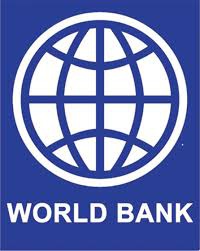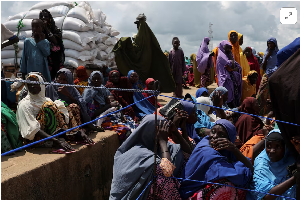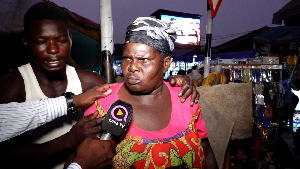A number of world education organisations have expressed discontent with the World Bank President’s support for “Bridge International Academies,” a private multinational profit-oriented basic school chain, as a means of reducing poverty.
In the face of global poverty reduction efforts and attempts to make basic education free and accessible to all, the organisations are concerned about the show of support for the private school chain prominent in Kenya and Uganda, by World Bank President, Dr Jim Yong Kim, during a speech he delivered in April.
The group of 116 national and international civil society groups, including the Ghana National Education Campaign Coalition (GNECC), 30 CSOs from Kenya and Uganda, and others from Africa, Europe, Asia, the Middle East, the Americas and the Pacific, expressed their worries in a joint statement and open letter to Dr Jim Yong Kim on Thursday.
Other signatories are Action Aid International, Education for All and the Global Campaign for Education.
The letter said Dr Jim Yong Kim’s praise of Bridge International Academies (BIA) suggested that the World Bank Group believed in that model of education and also believed that it was “acceptable and desirable” for poor people and communities to pay for basic education.
“The international community has fought to abolish school fees over the last two decades due to their negative impact on the poor, and their role in entrenching inequality. We are deeply troubled that this fee-based model is now being promoted as a means of ending poverty,” the letter said.
It also countered the president’s claim that the system was achieving results at a fee of “just $6 a month,” saying that BIA’s efficiency in education was being based on a questionable and non-objective study conducted by BIA themselves.
The group argued that the true cost of BIA’s education was between nine dollars and 13 dollars a month, considering uniforms, exam fees, textbooks and other expenses.
They said the cost of education for three children in Bridge Academy could take up at least a quarter or even more than half of the monthly income of the poorest Kenyan and Ugandan households who earned 75 dollars or less per month.
The group, therefore, called on the World Bank to cease investment and promotion of BIA and other fee-charging private basic education providers, and to publicly recommit the World Bank to universal, free and compulsory basic education by strengthening Kenya and Uganda’s public education systems.
They have also asked the World Bank to avoid basing its views on self-produced evidence from private providers of education and to listen and respond to the concerns of civil society.
General News of Sunday, 17 May 2015
Source: GNA
CSOs decry World Bank support for education

Entertainment











